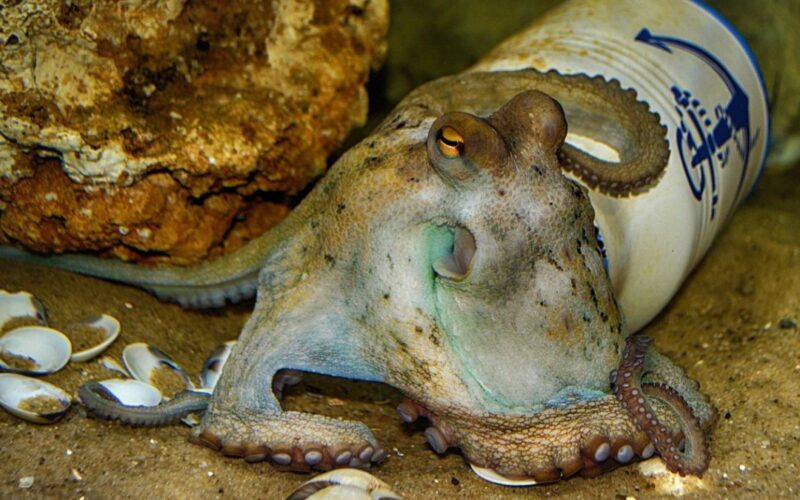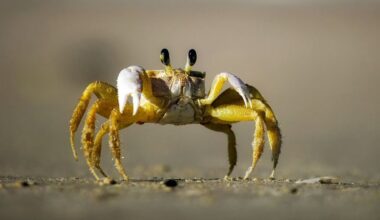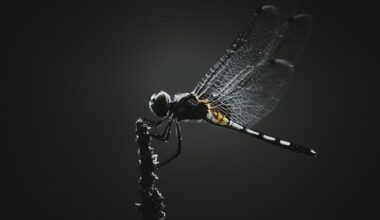Octopuses are enigmatic creatures that inhabit the world’s oceans, captivating scientists and curious minds alike with their remarkable intelligence, camouflage abilities, and unique biology. As members of the cephalopod family, octopuses possess a range of fascinating traits that set them apart from other marine animals. In this article, we delve into the top 10 intriguing facts about octopuses, shedding light on their mysterious nature and extraordinary capabilities.
Masters of Camouflage
Octopuses are renowned for their exceptional camouflage abilities, which allow them to blend seamlessly into their surroundings by changing color, texture, and even shape. Specialized cells called chromatophores in their skin enable octopuses to rapidly alter their appearance to match their environment, providing effective camouflage against predators and prey alike.
Incredible Intelligence
Octopuses exhibit remarkable cognitive abilities, rivaling those of many vertebrate species. They are capable of problem-solving, learning through observation, and displaying complex behaviors such as tool use and manipulation. Studies have shown that octopuses possess highly developed nervous systems and exhibit signs of consciousness, challenging traditional notions of animal intelligence.
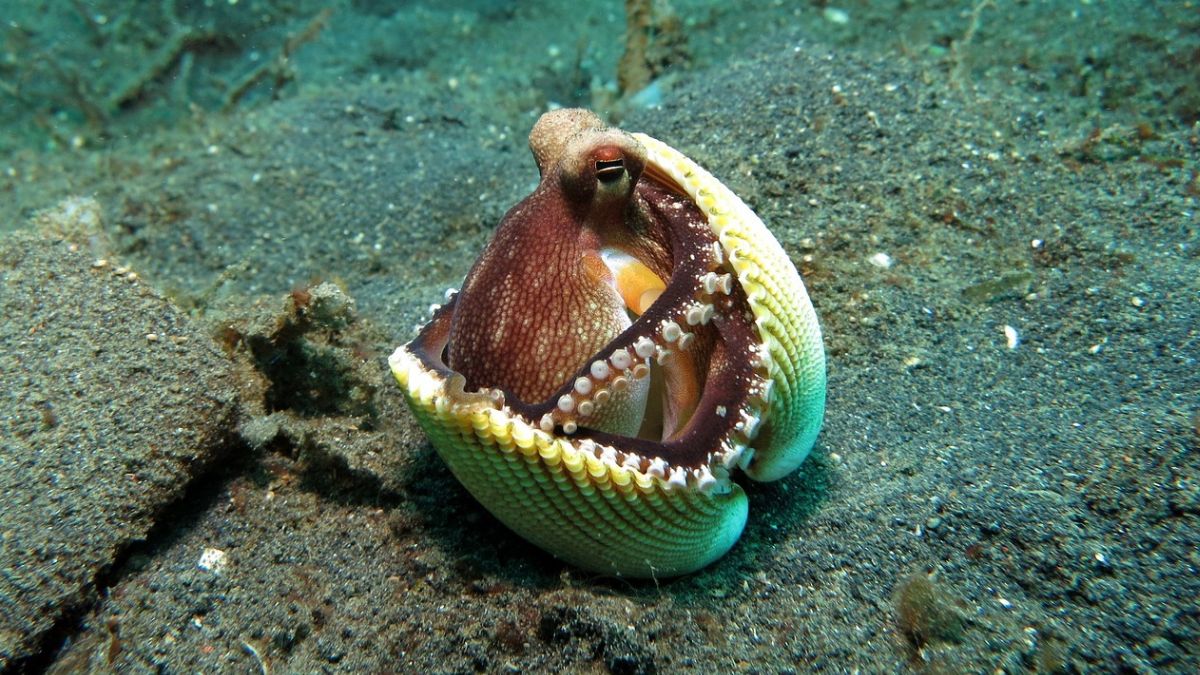
Flexible Bodies
Octopuses possess incredibly flexible bodies, thanks to their lack of a rigid skeleton. Instead, their bodies are supported by a soft, muscular structure known as a mantle, allowing them to squeeze through tight spaces and contort their bodies into various shapes. This flexibility is essential for navigating complex marine environments and capturing elusive prey.
Eight Arms, No Problem
Octopuses are named for their distinctive feature: eight long, muscular arms lined with suction cups. These arms are highly dexterous and equipped with chemoreceptors, allowing octopuses to taste and manipulate objects with precision. Each arm operates independently, giving octopuses remarkable agility and coordination in hunting and exploration.
Ink Defense Mechanism
When threatened by predators, octopuses deploy a unique defense mechanism known as ink secretion. Specialized glands near their ink sac produce a dark, cloud-like substance that obscures the predator’s vision, providing the octopus with an opportunity to escape. Additionally, some species of octopuses can eject ink in the form of intricate patterns to confuse predators further.
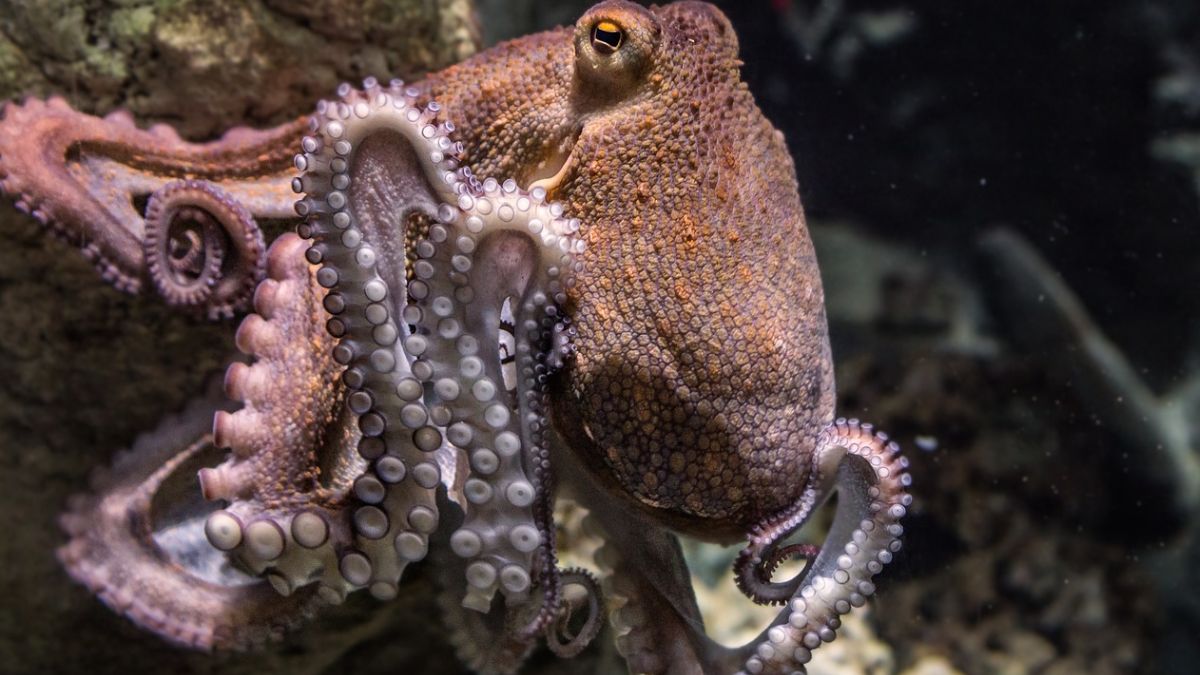
Short Lifespans
Despite their intelligence and adaptability, most octopus species have relatively short lifespans, typically ranging from one to three years. This abbreviated lifespan is attributed to their rapid growth, intense reproductive efforts, and lack of long-term parental care. However, some deep-sea octopuses may live for several years due to the slower pace of life in their habitat.
Exceptional Problem-Solvers
Octopuses have demonstrated remarkable problem-solving skills in laboratory experiments, showcasing their ability to navigate mazes, open jars, and even dismantle complex puzzles to access food rewards. Their cognitive flexibility and curiosity suggest a high level of intelligence and adaptability in navigating their environment.
Masters of Escape
Octopuses are notorious escape artists, capable of squeezing through tiny openings and navigating intricate mazes to evade captivity. Their soft bodies and flexible arms enable them to exploit even the smallest gaps in aquarium enclosures, prompting researchers to develop innovative containment methods to prevent escape.
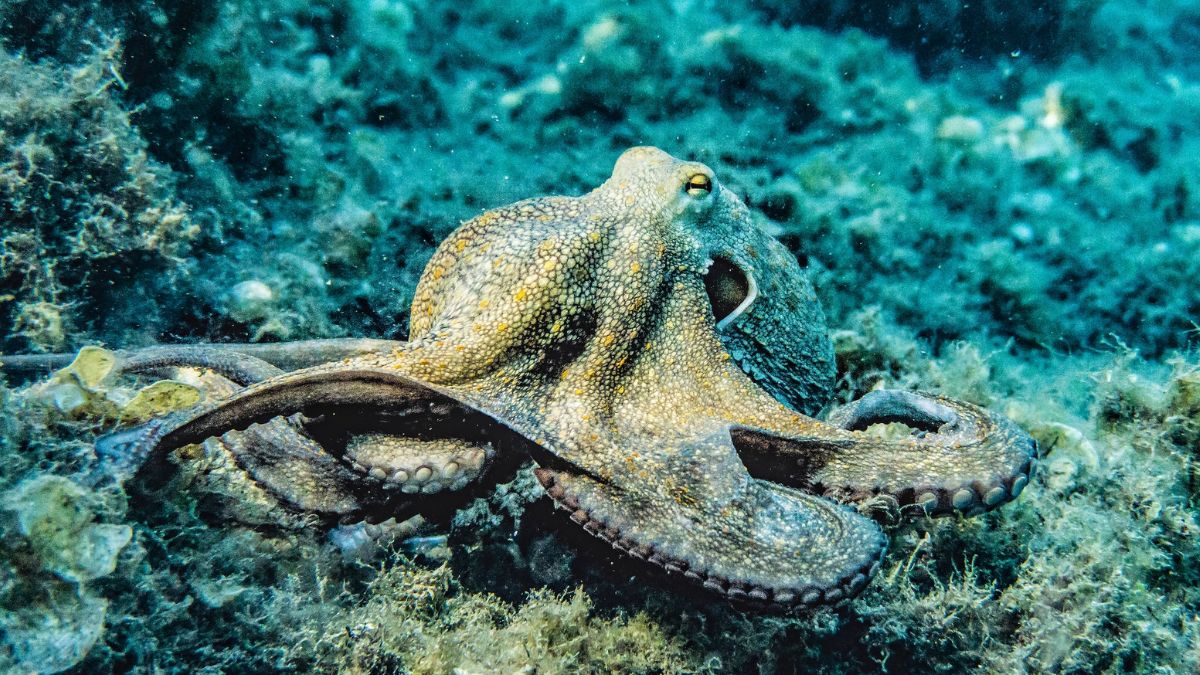
Intriguing Reproductive Strategies
Octopuses employ diverse reproductive strategies, ranging from solitary spawning to complex courtship rituals. Females typically lay thousands of eggs in protected dens or crevices, where they guard and aerate the eggs until they hatch. Some species exhibit semelparity, where individuals reproduce only once before dying, while others engage in multiple reproductive cycles throughout their lives.
Varied Species and Habitats
Octopuses inhabit a wide range of marine habitats, from shallow coastal waters to deep-sea trenches and hydrothermal vents. With over 300 known species distributed across diverse ecosystems worldwide, octopuses display an incredible diversity of adaptations and behaviors suited to their respective environments.
From their unparalleled camouflage abilities and exceptional intelligence to their flexible bodies and intriguing behaviors, octopuses continue to fascinate scientists and nature enthusiasts alike. As ambassadors of the ocean’s mysteries, these enigmatic cephalopods remind us of the boundless wonders awaiting discovery beneath the waves. By studying and protecting octopuses and their marine habitats, we can gain valuable insights into the complexities of ocean life and work towards ensuring a sustainable future for our planet’s aquatic ecosystems.
